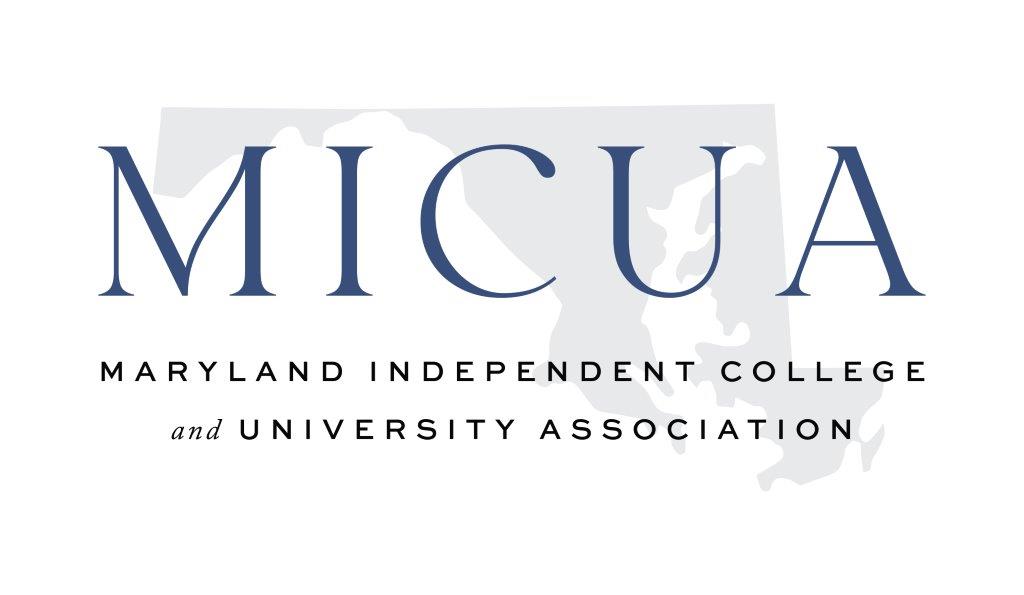Resources for Families
Welcome Families!
This page provides resources, policies, services, and important dates for Maryland’s higher education institutions. Please use this site as a resource to assist you and your student(s) in making the best decisions for their educational goals.
How to Support Your Community College Student with the Transfer Process
- Encourage them to visit their community college advisor or transfer coordinator to discuss their intentions to transfer and to be advised on next steps.
- Suggest that they request information from 4-year institutions that interest them; a great way to discover educational opportunities would be to attend the Transfer Advising Days or Transfer Fairs held at their community college.
- Advise them to research web pages for transfer requirements and deadlines for the institutions to which they intend to apply.
- Accompany them as they visit campuses. While you are there, arrange to meet with either an admissions representative or a department advisor to discuss their chosen major of study.
- Mention that they can obtain an application form or apply on-line.
- Check in with them to ensure that they have completed and sent their application(s) for admission.
- Remind them to send transcripts from their current college and all previously attended institutions to the institution(s) to which they are applying.
- Assist them with completing and sending all required financial aid/scholarship information by the prescribed deadlines to the institution(s) to which they are applying.
- Make sure the FAFSA is completed as early as possible.
- Use the MHEC One-App to apply for various State aid programs.
Important Links
- Family Educational Rights and Privacy Act (FERPA)
- Online Resources for Parents – Four-Year Institutions
- Bowie State University
- Capitol Technology University
- Coppin State University
- Frostburg State University
- Goucher College
- Hood College
- Morgan State University
- Mount Saint Mary’s University
- Notre Dame of Maryland University
- Salisbury University
- Stevenson University
- Towson University
- University of Baltimore
- University of Maryland, Baltimore
- University of Maryland Baltimore County
- University of Maryland College Park
- University of Maryland Eastern Shore
- University of Maryland Global Campus
- Washington College
Degree Options and Definitions
In Maryland, higher education institutions offer a variety of degree types to align with students’ academic pursuits and career aspirations. These degrees are typically categorized by level, reflecting the depth of knowledge and specialization required. Below is a list of the most common degree types awarded by Maryland colleges and universities, along with brief explanations to help you differentiate between them. For definitions of each degree outlined in the Code of Maryland Regulations (COMAR), see COMAR definitions.
Associate Degrees
A transferable two-year degree program, offered in disciplines in the and social sciences. These programs include a general education structure that more closely matches the general education core required for completion of the bachelor’s degree programs. Examples include degrees offered at the community colleges in Psychology, General Studies, and Communications. See also: Associate of Science (A.S.) and Associate of Arts in Teaching (A.A.T.).
An institution may award an Associate of Applied Science (A.A.S.) degree for successful completion of not less than 60 and not more than 70 credit hours in vocational-technical occupational skills, including fields such as law enforcement, computer technology, and paralegal studies.
AAS programs are intended for students seeking immediate employment opportunities; however, the program does not preclude a student from transferring to four-year institution. It may be more challenging to achieve junior status at transfer with an A.A.S. instead of an A.A., A.S., or A.A.T. because more general education requirements will need to be completed.
The A.A.T. was established in 2002 as a statewide degree aimed at preparing students to become teachers. Students who successfully complete the AAT degree, including the required program of study, passing the Praxis I exam, and maintaining a 2.75 GPA, will have their credits transfer as a block applicable to the teacher education program.
Students will need to meet the requirements for admissions to the education major or School of Education and should contact the institution(s) for additional information regarding admission and requirements.
The A.A.T. is unique in that the transferability of academic credits applies to both public and private institutions in the state.
Currently, the A.A.T. is offered in Early Childhood Education, Elementary Education, and in Secondary Education disciplines, including Chemistry, Spanish, Math, and Physics.
This is a degree that recognizes mastery in the professional arts, including studio work and related areas. An institution may award an Associate of Fine Arts (A.F.A.) degree for successful completion of not less than 60 and not more than 70 credit hours in the professional arts programs that:
1. Have as a primary goal transfer to a Bachelor of Fine Arts (B.F.A.) degree program;
2. Are similar to the first 2 years of a B.F.A. degree program; and
3. Require at least 60 percent of the course credit to be in studio work and related areas.
A transferable two-year degree program, offered in disciplines including mathematics, engineering, physical or biological science curriculum. These programs include a general education structure that more closely aligns to the general education core required for completion of the bachelor’s degree programs. Examples include degrees offered at the community colleges in Biology, Computer Science, Nursing, Mathematics, and Business.
Bachelor's Degrees
A four-year degree offered in liberal arts and sciences disciplines. In some cases, students may be required to complete a series of foreign language courses for graduation.
A four-year degree, often in disciplines including the sciences, engineering, mathematics, or other mathematical application. This may include curriculums in Accounting, Computer Science, Chemistry, Engineering, or Nursing.
A degree awarded for the successful completion of an A.A.S. degree, an advanced program of study in the designated area of concentration, and a 12-credit internship or field placement related to the program of study. The program is typically offered in conjunction with a community college and four-year institution. This is a program-specific degree that offers students the opportunity to follow a specific curriculum, in a health science field, computers, or another identified program.
General Education Requirements
EXCEPTION: Since St. Mary’s College of Maryland offers a curriculum based on four-credit course, the total credits required for general education at St. Mary’s College will be 48 credits. Remaining general education requirements for the bachelor’s degree after completion of the Associate of Applied Science degree will be 10-28 credits maximum and after completion of the Associate of Arts/Science degree will be 10-18 credits maximum.
|
Distribution Areas |
A.A.S. Degree |
A.A., A.S., and A.A.T Degrees |
B.A. and B.S. Degrees |
|
English Composition – completed with a “C-” grade or better |
3 credit hours minimum |
3 credit hours minimum |
3 credit hours minimum |
|
Mathematics – at or above the level of College Algebra |
3 credit hours minimum |
3 credit hours minimum |
3 credit hours minimum |
|
Arts & Humanities – two courses |
3 credit hours minimum |
6 credit hours minimum |
6 credit hours minimum |
|
Social & Behavioral Sciences – two courses |
3 credit hours minimum |
6 credit hours minimum |
6 credit hours minimum |
|
Biological & Physical Sciences – two courses, including one laboratory |
3 credit hours minimum |
6 credit hours minimum |
6 credit hours minimum |
|
Interdisciplinary & Emerging Issues (institution-specific)- not required, will be transferred as part of General Education Program |
Optional (8 credit hours maximum) |
Optional (8 credit hours maximum) |
Optional (8 credit hours maximum) |
|
Additional credits – may be assigned by each institution from English, Mathematics, Arts & Humanities, Social & Behavioral Sciences and Biological & Physical Sciences to complete the number of credits required for the General Education Program. |
5-21 credit hours |
0 – 12 credit hours |
8 -22 credit hours |
|
TOTAL CREDITS REQUIRED FOR GENERAL EDUCATION PROGRAM |
18 – 36 credit hours |
28 – 36 credit hours |
38 – 48 credit hours |
|
REMAINING GENERAL EDUCATION REQUIREMENTS FOR BACHELOR’S DEGREE AFTER COMPLETION OF ASSOCIATE DEGREE |
12-20 credit hours | 10-12 credit hours |
Not Applicable |
s






